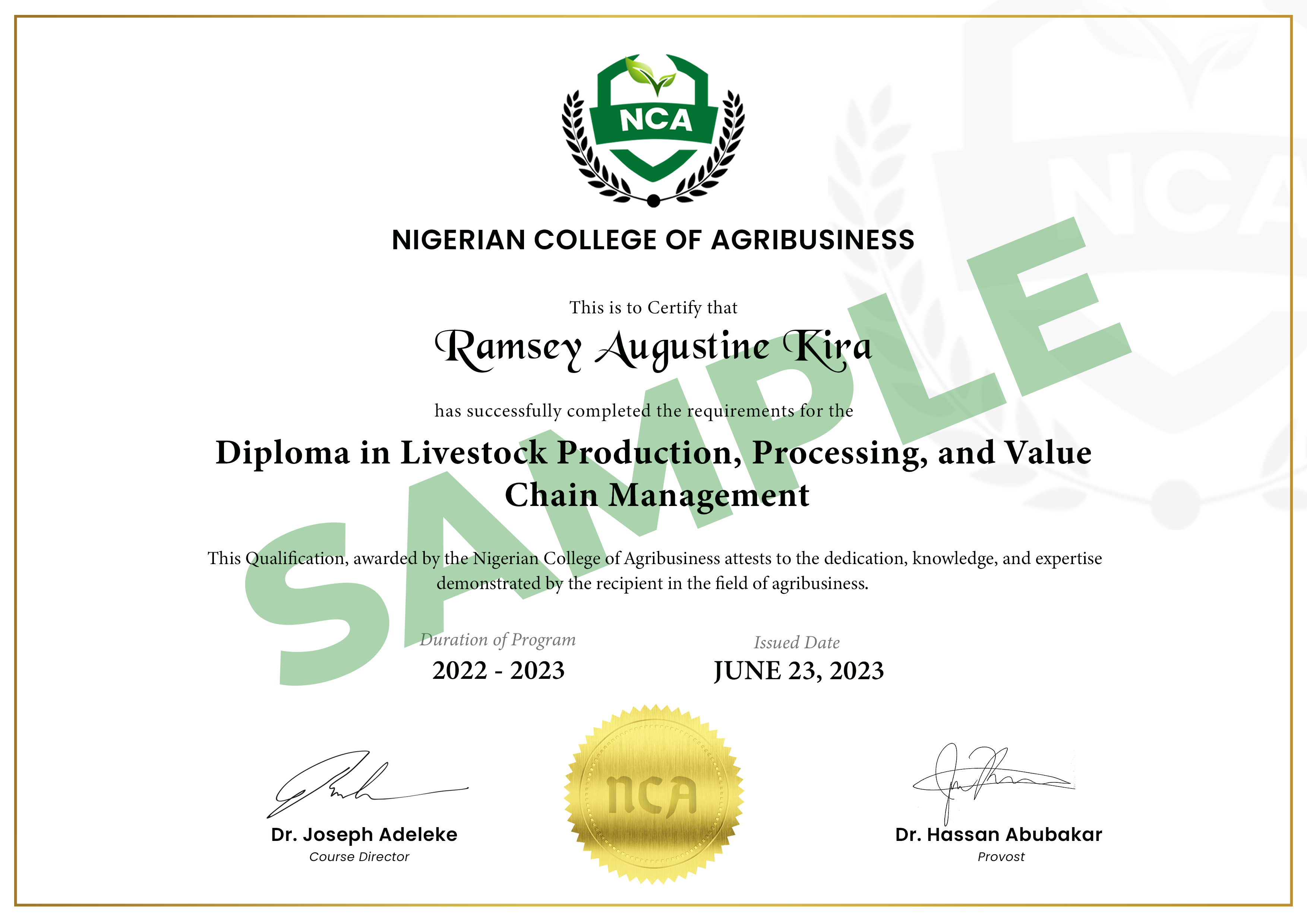
The Diploma in Environmental, Social, and Governance (ESG) offers a profound journey into the realm of sustainable business practices, focusing on the three pillars of ESG. In a world increasingly driven by ethical, environmental, and social considerations, this program equips students with the knowledge and skills needed to navigate, influence, and lead in the ever-evolving landscape of corporate sustainability.
The course delves into the complexities of environmental stewardship, social responsibility, and ethical governance. It addresses key issues such as climate change, sustainable resource management, social equity, corporate ethics, and sustainable finance. Through a blend of theoretical knowledge and practical application, students will explore how ESG criteria are integrated into business strategy and operations, and how they influence investment decisions, stakeholder engagement, and organizational change.
This course is tailored to meet the growing demand for ESG professionals who can drive sustainable transformation in various sectors. It is ideal for those aiming to develop a holistic understanding of sustainability issues and apply them to real-world business contexts.
This program is designed for:
Upon completing the Diploma in Environmental, Social, and Governance (ESG), graduates will be able to:
Graduates of the Diploma in Environmental, Social, and Governance will find a growing demand for their skills in various sectors, reflecting the increasing importance of ESG in business and governance:
Upon successful completion of the program, participants will earn a prestigious Diploma in Environmental, Social and Governance (ESG) from the Nigerian College of Agribusiness. At convocation, graduating students will receive their Diploma as well as their Transcript of academic records.
Faculty
Faculty members are certified ESG Professionals, Industry leaders and trainers, with extensive practice experience across Africa.
NGN 250,000
26th February, 2024

Click on the link below to fill the application form for this course
Do you need any further assistance regarding this program, send an email to: [email protected] or chat with a program executive on WhatsApp via: 09023789104 (Nigeria)
Ready to Begin your application process? Click on “Apply Now” to access the application form.
Established in 2022 and approved by the National Board for Technical Education (NBTE), the College provides high-quality specialized education that strives to improve the productivity, performance and continuous development of professionals in Nigeria. The College has the Centre for Environment and Climate Innovation, Centre for Agribusiness Enterprise, Centre for Centre for Nutrition and Wellness, Centre for Development Leadership, Centre for Farm Management and Centre for Food Business Innovation. Through these centers, the college delivers need-based professional education to diverse professionals across the country and beyond. In 2023, the Nigerian College of Agribusiness was admitted into E4Impact Alliance, a network of leading business schools in Africa helping startups in Africa to scale up and attain their full potentials. Other members of E4Impact Alliance include University of Professional Studies Accra, University of Makeni Sierra-Leone and Uganda Martyrs University Kampala.

Our mission is to cultivate a vibrant, sustainable and profitable agribusiness sector that drives economic growth and social progress across Africa and beyond.
We are committed towards educating a new generation of agribusiness sector leaders that will transform the economic fortunes of the African continent
© NCAEDU 2023 All Rights Reserved.